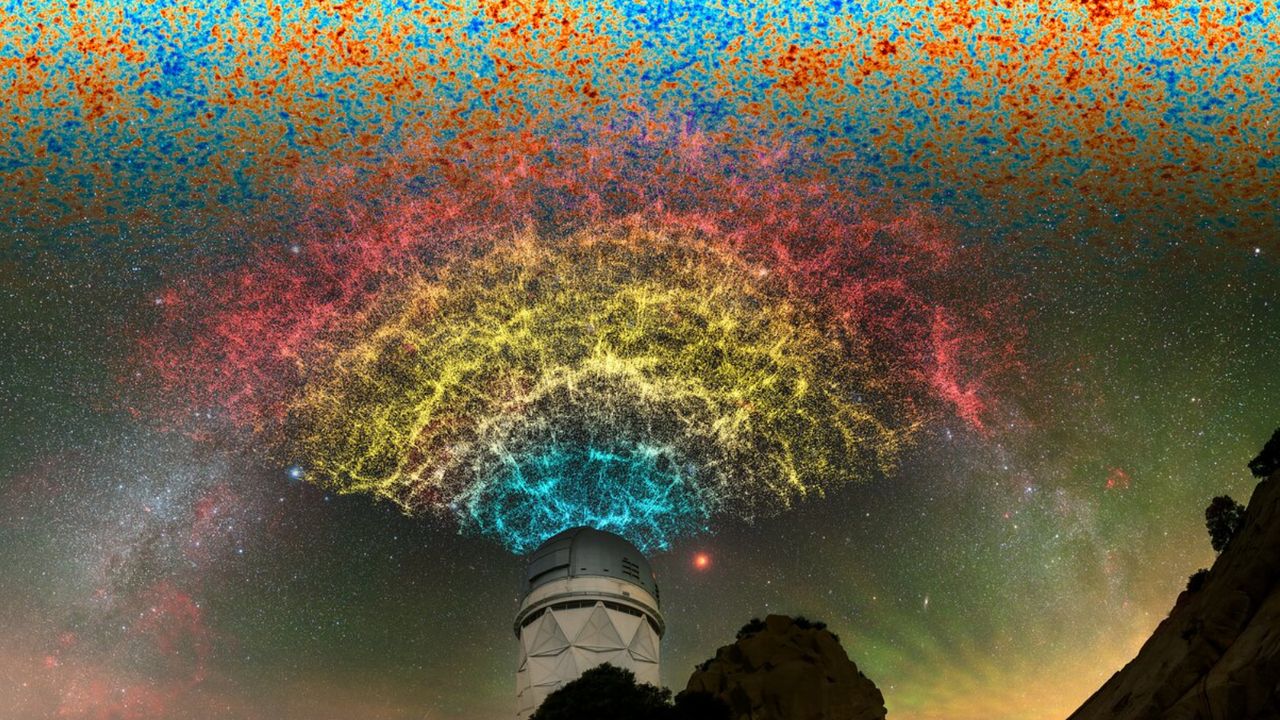URGENT UPDATE: New astronomical findings suggest that the universe could collapse in just 33 billion years, significantly sooner than previously thought. Recent observations from the Dark Energy Survey (DES) and the Dark Energy Spectroscopic Instrument (DESI) indicate that dark energy, the enigmatic force accelerating the universe’s expansion, may be evolving.
The implications of this discovery are profound. If confirmed, it challenges the widely accepted cosmological constant model, which has long been a cornerstone of our understanding of dark energy. Researchers have been examining massive galaxy surveys for over a year, and the latest data reveals that dark energy might not be the static force scientists once believed it to be.
According to a recent study, one proposed model includes the existence of axions, hypothetical ultralight particles that barely interact with matter. This theory suggests that these axions could be responsible for the current accelerated expansion of the universe. However, they also indicate that the universe is entering a temporary phase driven by these axions, which will eventually weaken.
The researchers highlight that as the axions lose influence, a negative cosmological constant could take over, reversing the expansion of the universe. “This would lead to a new phase known as the ‘Big Crunch,’ where galaxies merge and the cosmos becomes smaller, hotter, and denser,” stated one of the researchers involved in the study.
The timeline for this dramatic shift is alarming. The theorists predict that the universe will reach the beginning of its collapse in approximately 10 billion years—a shorter time frame than the current age of the universe. Over the next 10 billion years, the universe will continue to collapse until it ultimately meets its end in a singularity.
This groundbreaking research, while still preliminary and pending peer review, opens the door for radical new theories in cosmology. The findings from DES and DESI indicate that we are likely past the halfway mark in the universe’s lifespan, raising urgent questions about our cosmic future.
As this story develops, scientists will continue to analyze the data and explore the implications of these findings. Whether or not the current model holds true, the potential for a collapsing universe challenges our understanding of existence itself.
Stay tuned for updates as experts delve deeper into this critical issue affecting the future of the cosmos. The impact of these revelations extends beyond scientific circles, tapping into humanity’s desire to understand its place in the universe and the ultimate fate that awaits us all.
